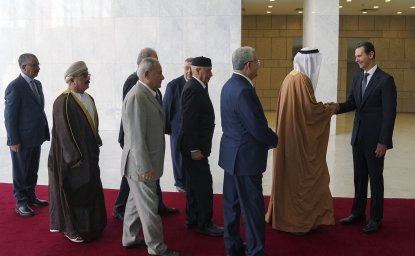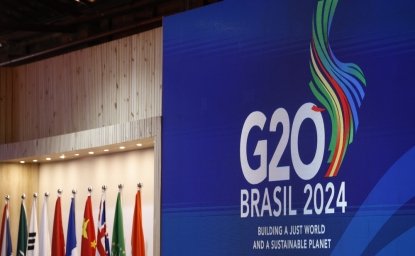#216 Economic Adjustment and Ethnic Conflict in Bolivia, Peru, and Mexico

By Alison Brysk and Carol Wise
From the Introduction
On January 1, 1994, a band of about two thousand armed Indian peasants attacked four towns in the southeastern Mexican state of Chiapas. The attack was motivated largely by failures of both economic and political liberalization: the social costs of economic adjustment for Mexico's depressed rural sector--heightened by the prospect of the North American Free Trade Agreement (NAFTA), along with the government's refusal to loosen the authoritarian reins of the ruling party's (Partido Revolucionario Institucional, or PRI) regional bosses in Chiapas. The Chiapas uprising served as a dramatic reminder of the disruptive potential of groups marginalized by adjustment and the growing incidence of ethnic conflict in Latin America, despite the "end of history" axiom which declared such struggles resolved with the end of the Cold War.

Latin America Program
The Wilson Center’s prestigious Latin America Program provides non-partisan expertise to a broad community of decision makers in the United States and Latin America on critical policy issues facing the Hemisphere. The Program provides insightful and actionable research for policymakers, private sector leaders, journalists, and public intellectuals in the United States and Latin America. To bridge the gap between scholarship and policy action, it fosters new inquiry, sponsors high-level public and private meetings among multiple stakeholders, and explores policy options to improve outcomes for citizens throughout the Americas. Drawing on the Wilson Center’s strength as the nation’s key non-partisan policy forum, the Program serves as a trusted source of analysis and a vital point of contact between the worlds of scholarship and action. Read more

Explore More
Browse Insights & Analysis
Latin American Program Working Paper Series (201-250)

Why Attempts at Normalizing with Assad Didn’t Turn the Page on Syria

